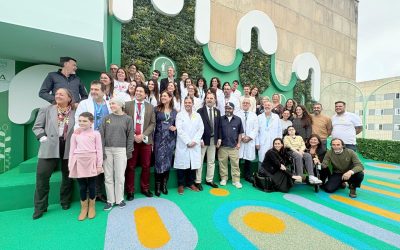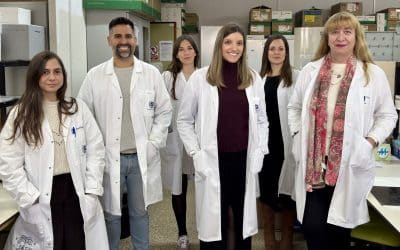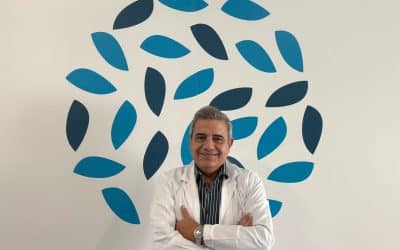The 10th Interdisciplinary Conference on advances in rare diseases was held at the Materno Infantil Hospital in Malaga and organised by the cross-cutting area IBIMA Rare
The 10th Interdisciplinary Conference on Advances in Rare Diseases, organised by the Regional University Hospital of Malaga together with IBIMA Rare, a transversal area of the Biomedical Research Institute of Malaga and the Nanomedicine Platform (IBIMA Plataforma BIONAND) and with the collaboration and scientific support of the Centre for Biomedical Research Network on Rare Diseases (CIBERER), took place in the auditorium of the Maternal and Child Hospital of Malaga, coinciding with World Rare Diseases Day, which is celebrated every 29th February.
Under the slogan ‘Let's shorten diagnostic delays’, they have vindicated the need to make visible and show the urgency of improving access to diagnosis for patients affected by rare diseases.
According to the World Health Organisation (WHO), around 7 percent of the world's population suffers from one of the nearly 7,000 rare diseases. Of this large number, more than three million people suffer from a rare disease in Spain. This is the reason for the collective commitment and responsibility that, as every year, scientists and researchers adopt in order to improve diagnosis and treatment and to make the disease more visible.
‘We have to reduce the waiting time for diagnosis as much as possible. This can be a determining factor for patients suffering from any of these rare diseases,’ said Raquel Yahyaoui, deputy coordinator of IBIMA Rare, at the opening of the meeting-colloquium.
The opening ceremony, chaired by José Antonio Ortega, Managing Director of the Regional University Hospital of Malaga, and accompanied by Carlos Bautista Ojeda, territorial delegate of the Regional Ministry of Health and Consumer Affairs of the Andalusian Regional Government in Malaga, Natalia García Casares, Rector's Delegate for Health Relations at the University of Malaga, Francisco Tinahones, Scientific Director of IBIMA Plataforma BIONAND, and Miguel Ángel Medina, Coordinator of the IBIMA Rare cross-cutting area, was attended by numerous speakers: scientists, clinicians and managers of institutions dedicated to different aspects of rare diseases, who joined in the important task of disseminating the results of biomedical research on these pathologies.
‘We must put pressure on all institutions and forums to continue researching these rare diseases,’ said Tinahones. This message was echoed by the vice-chancellor of the UMA, who recalled the great importance of R&D for the advancement of society and, in particular, for the promotion of health.
The event, which was attended by professionals and undergraduate and postgraduate students related to biomedicine, took place throughout the morning in a face-to-face format, although it was also possible to follow it via streaming, a format that has allowed greater reach of this tenth edition of the Interdisciplinary Conference.
Also present was the testimony of Nerea González Baena, a patient affected by a rare disease and member of the Spanish Association of Mitochondrial Pathologies (AEPMI), who described her experience and her courage in facing the disease, supported by the slogan ‘from uncertainty to empowerment’.
VII IBIMA-Rare Award
Finally, the event was used to present the VII IBIMA-RARE Award ‘Professional Career in Research and Care for Rare Diseases’ to Magdalena Ugarte, from the Diagnostic Centre for Molecular Diseases (CEDEM) and Federico Mayor Zaragoza, from the Fundación Cultura de Paz.
‘We know that there is irreversible neurological damage, which cannot be alleviated later if there is no early detection,’ concluded Federico Mayor Zaragoza at the prize-giving ceremony.
Tags EERR • Rare Diseases • IBIMA Rare



